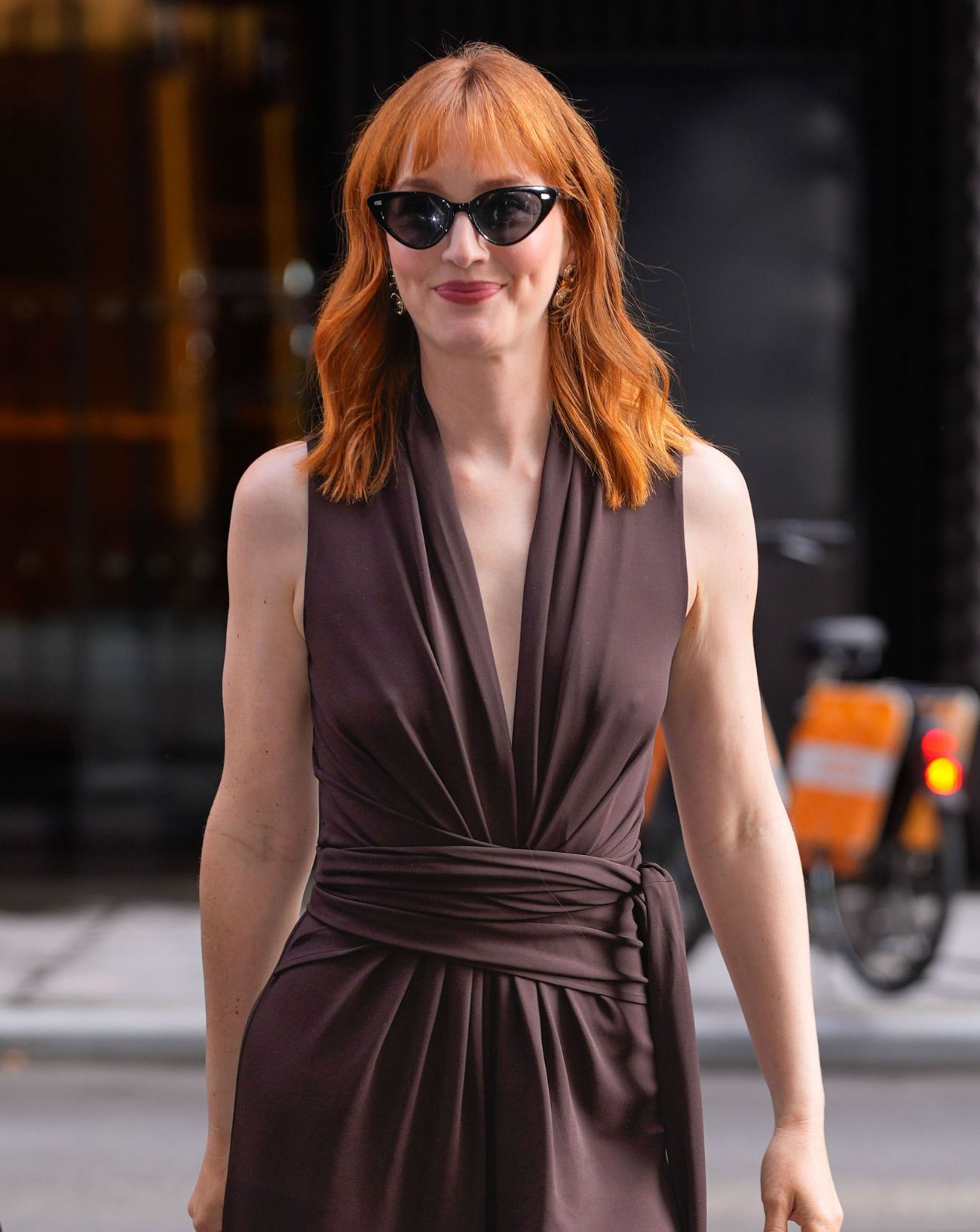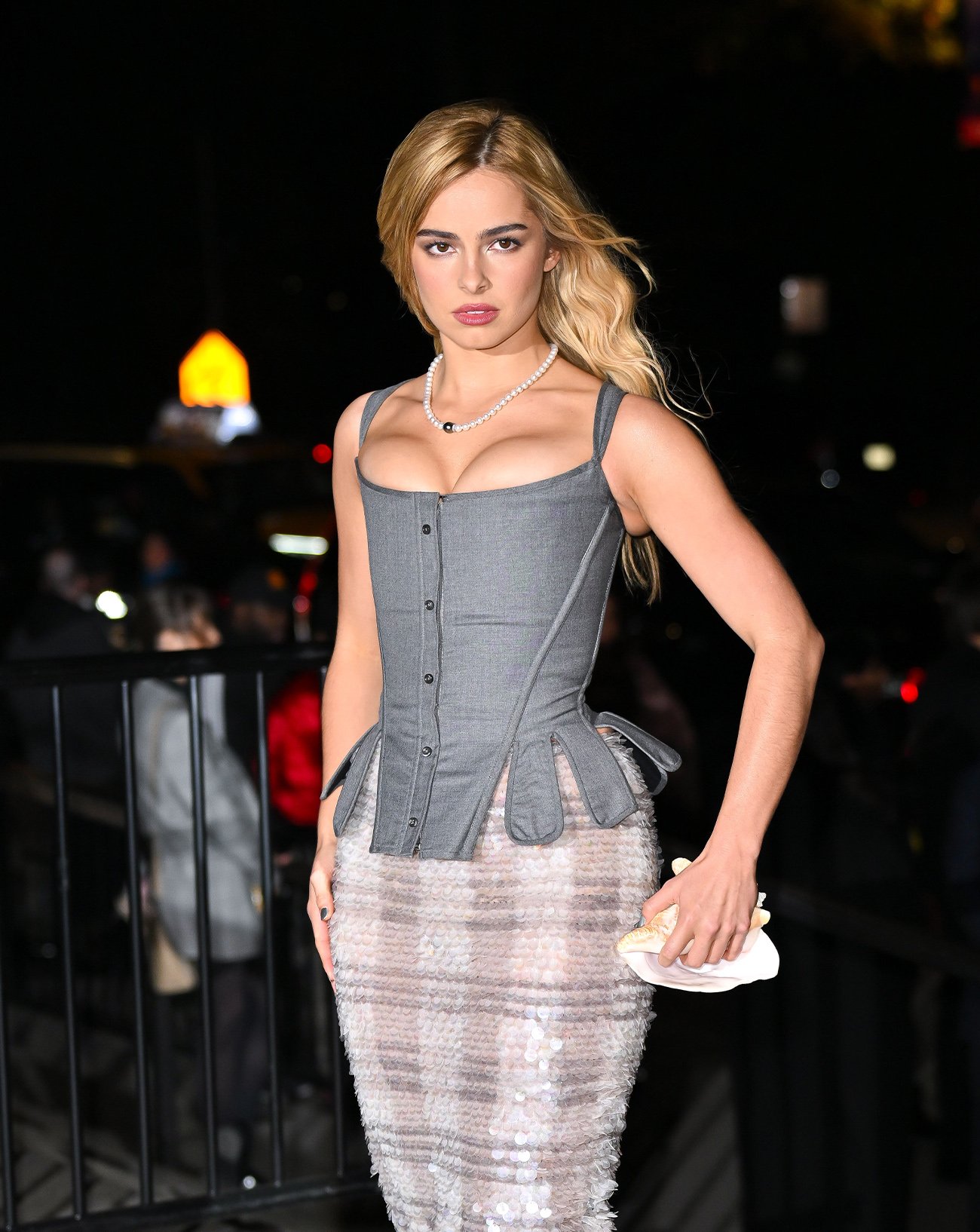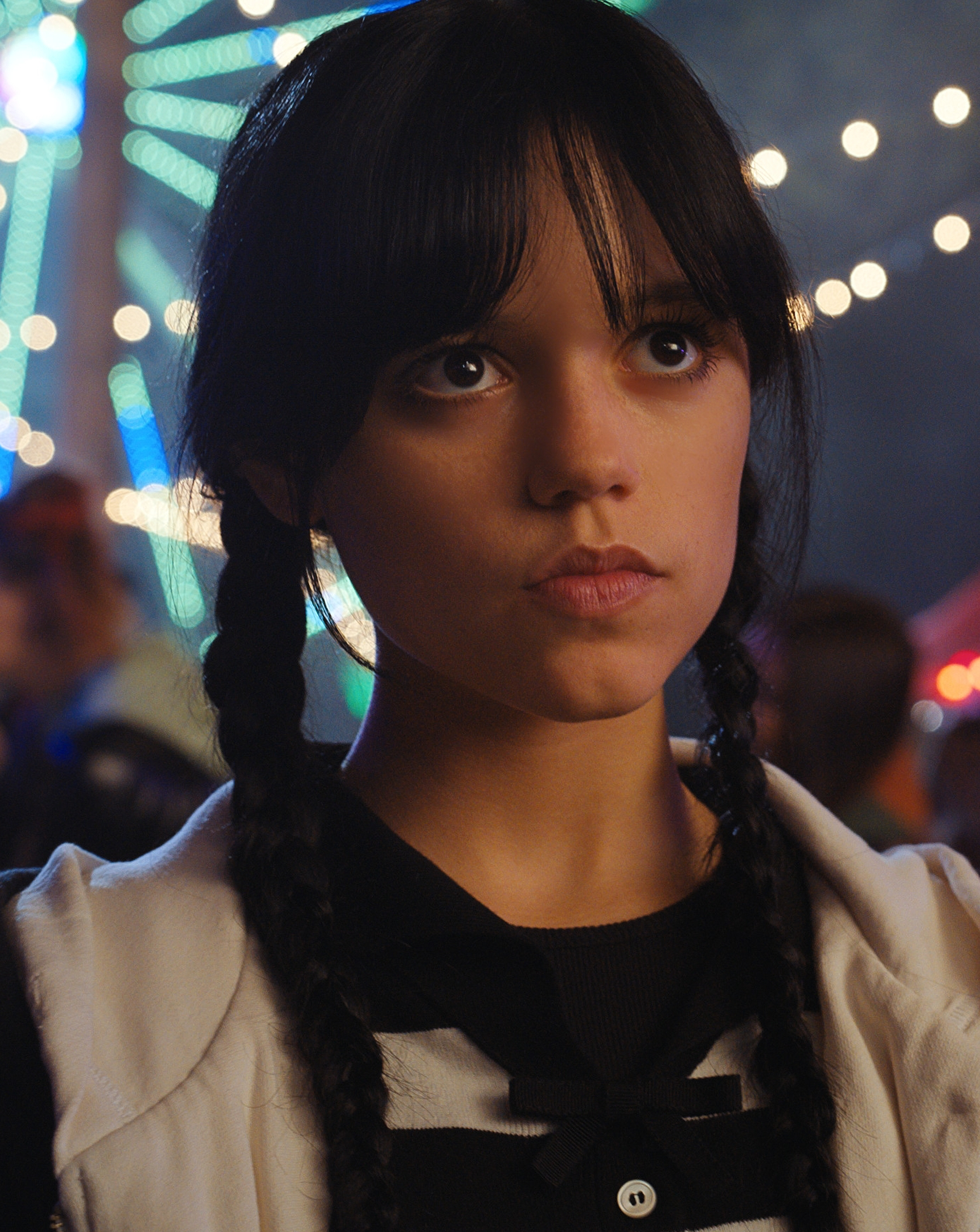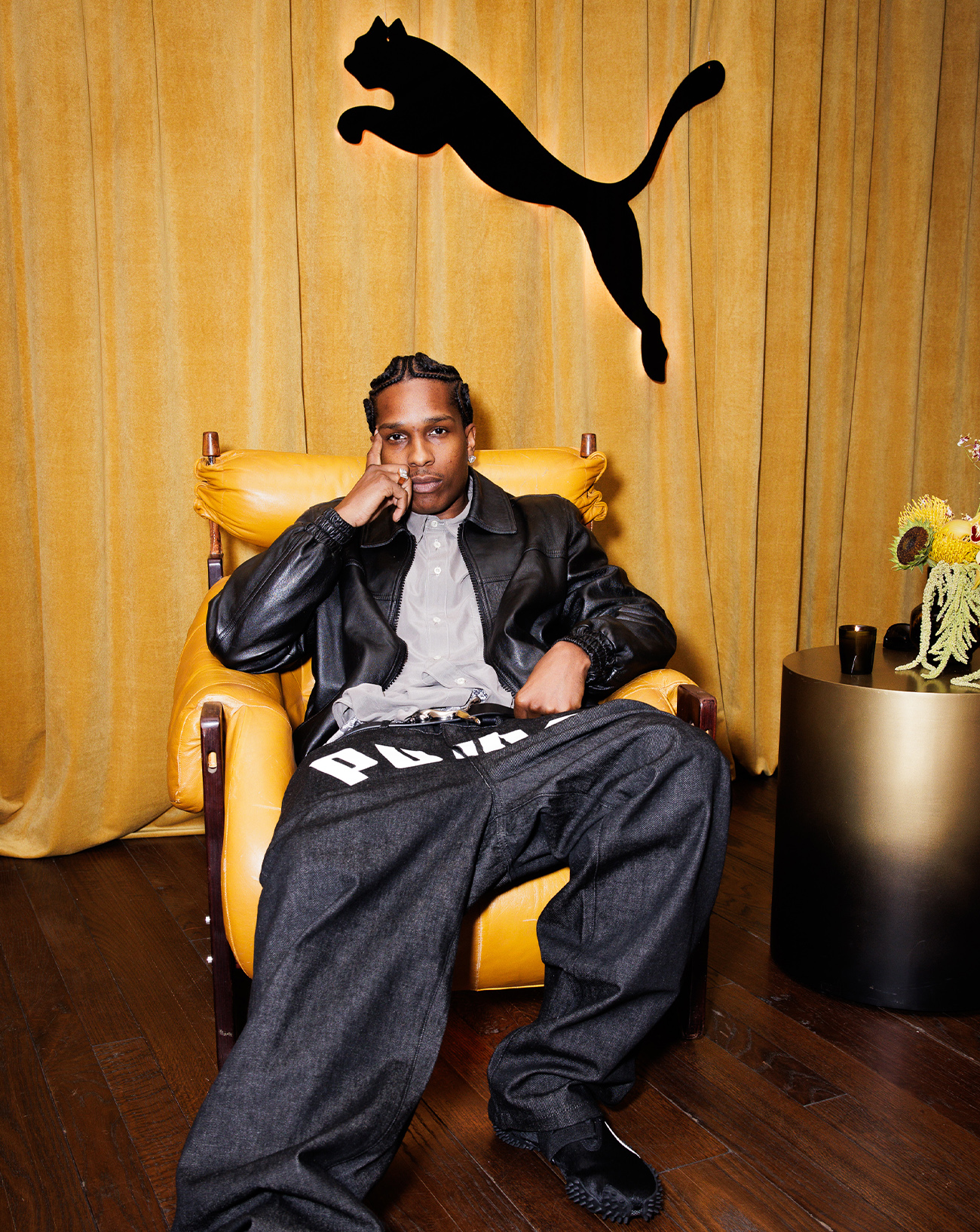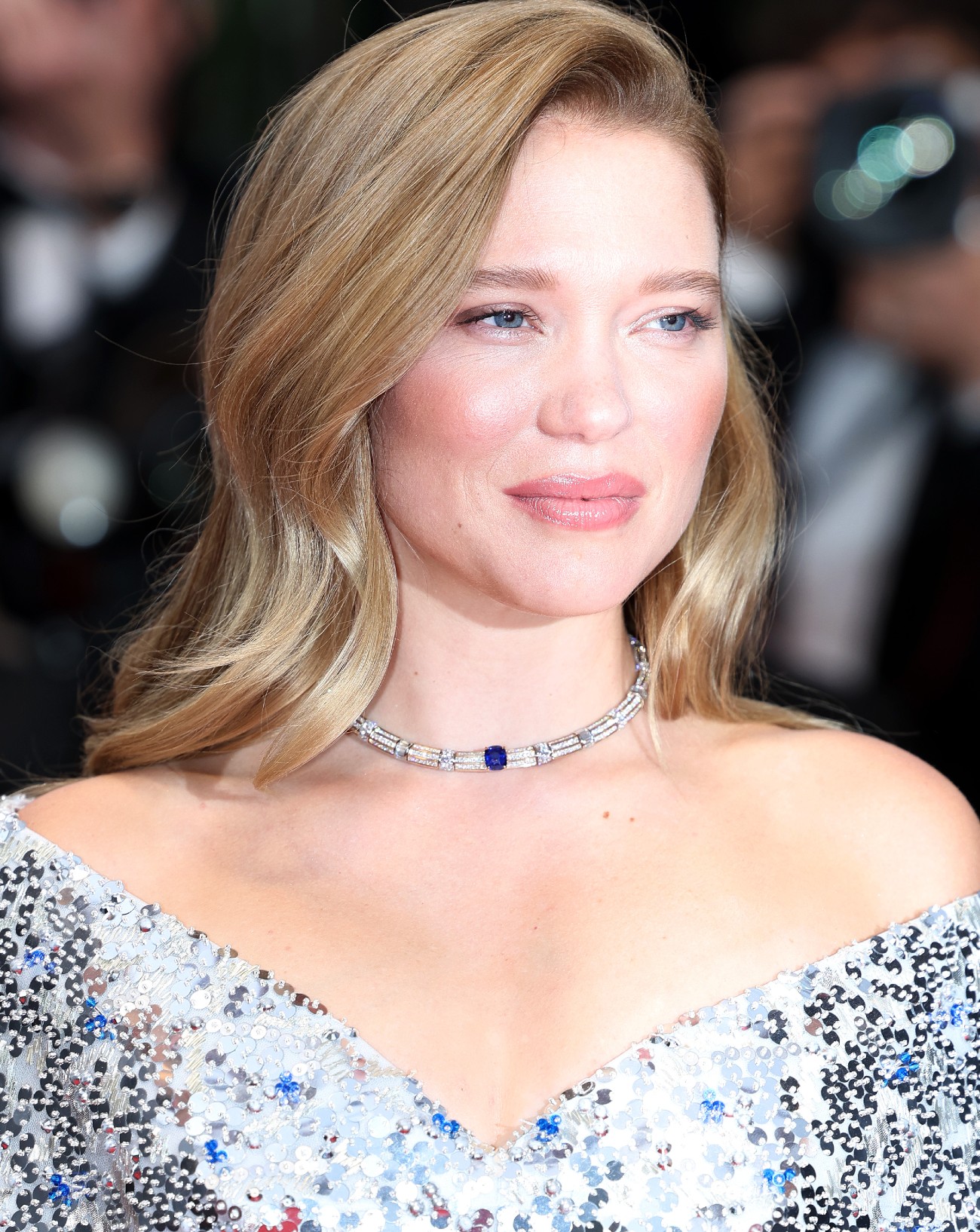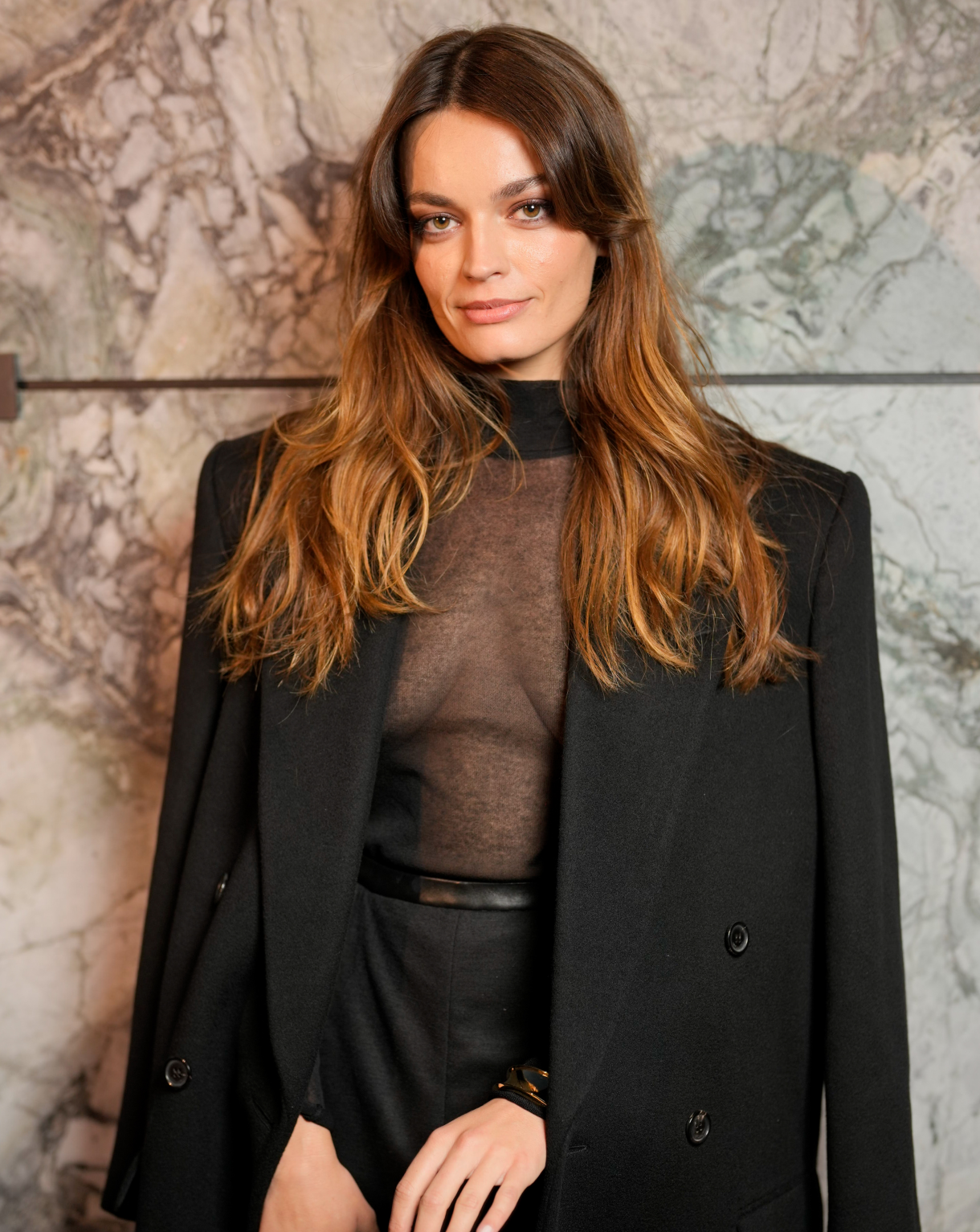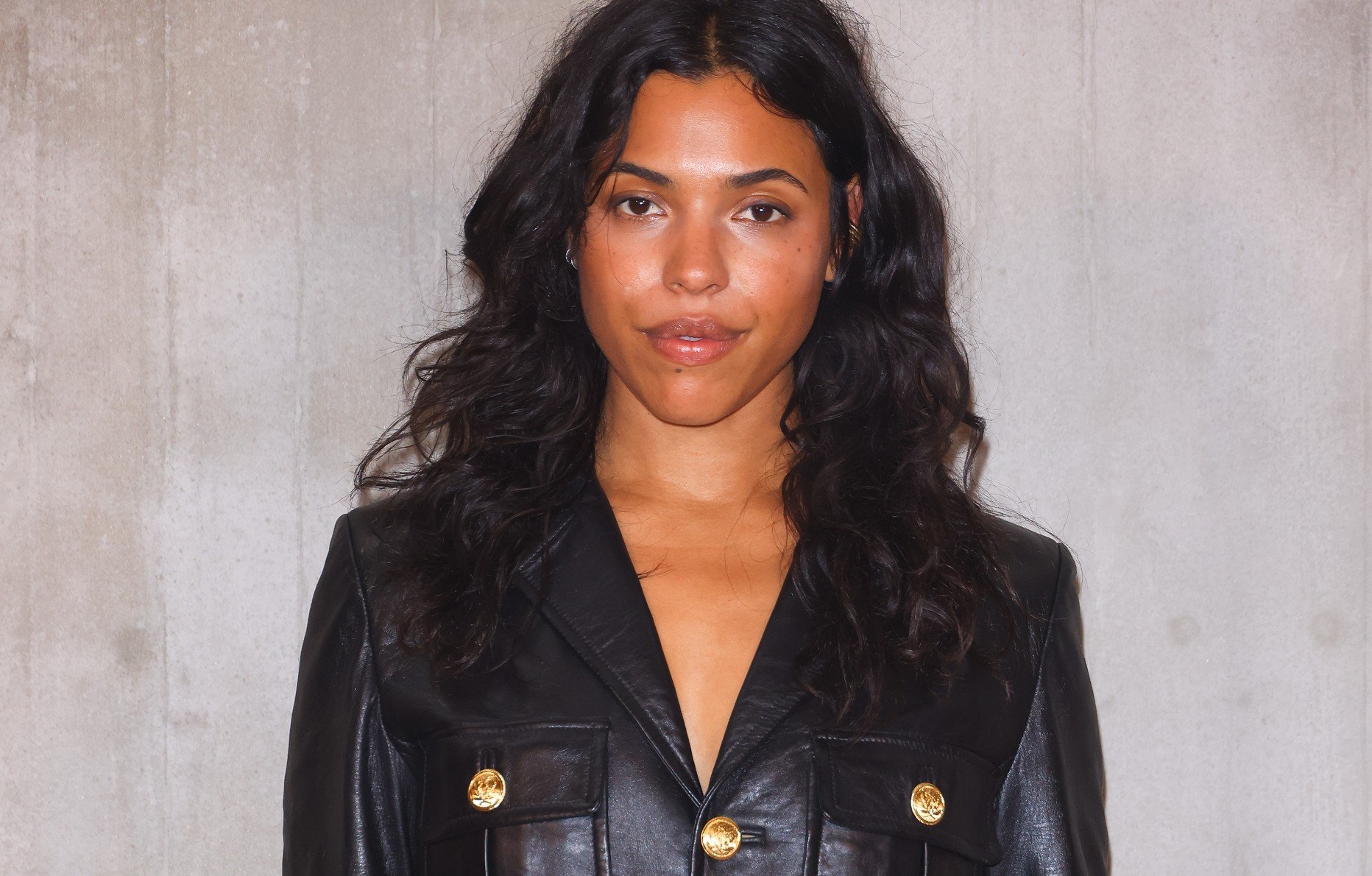
23
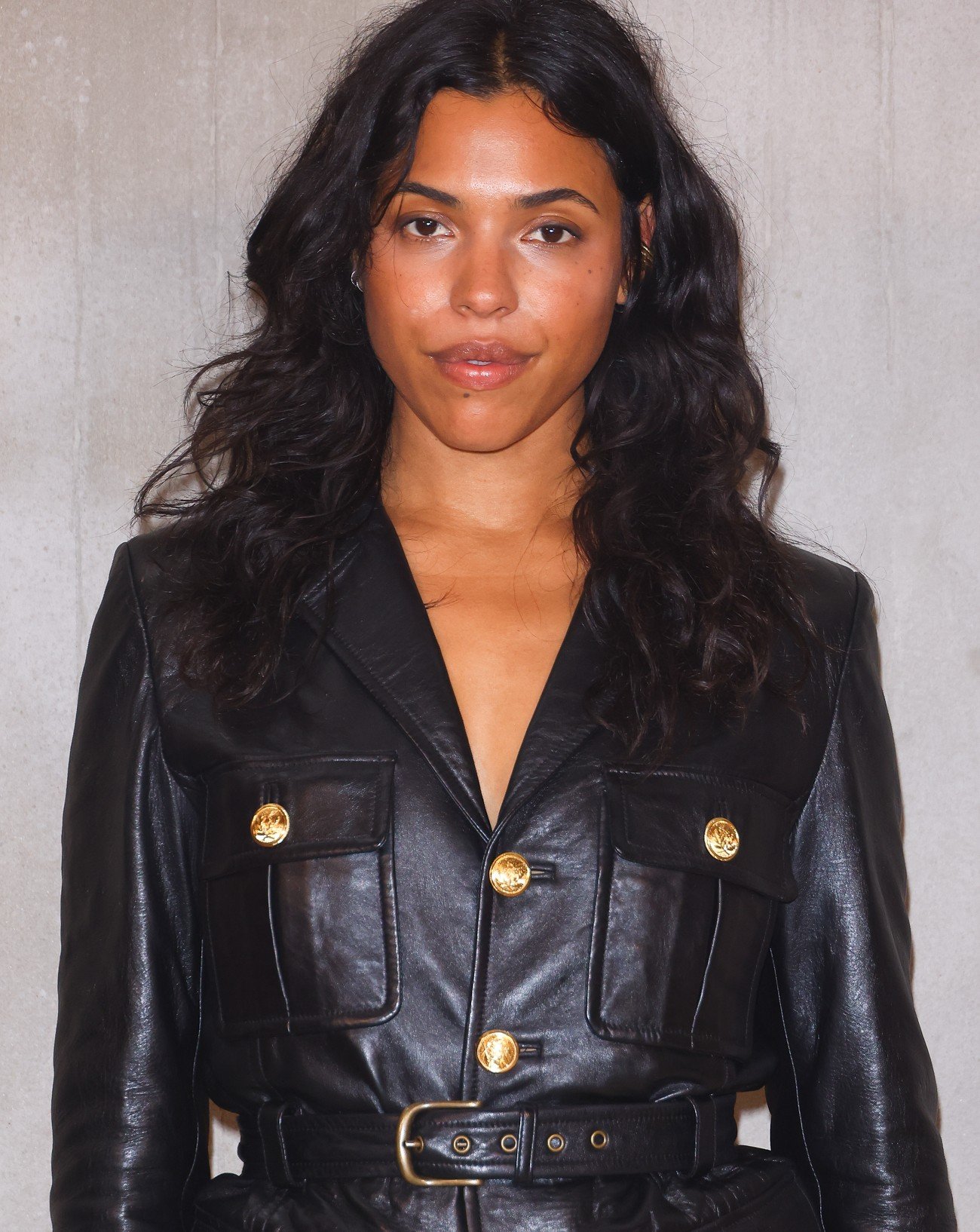
23
Zita Hanrot, the powerful pro-choice heroine of Annie Colère
In Annie Colère, airing on France 3 this Tuesday, May 5, 2025, Zita Hanrot plays a militant nurse performing illegal, safe, and painless abortions in the 1970s, just before the passing of the Veil Law. A perfect occasion to revisit our interview with one of the most compelling actresses in French cinema.
Interview by Nathan Merchadier.
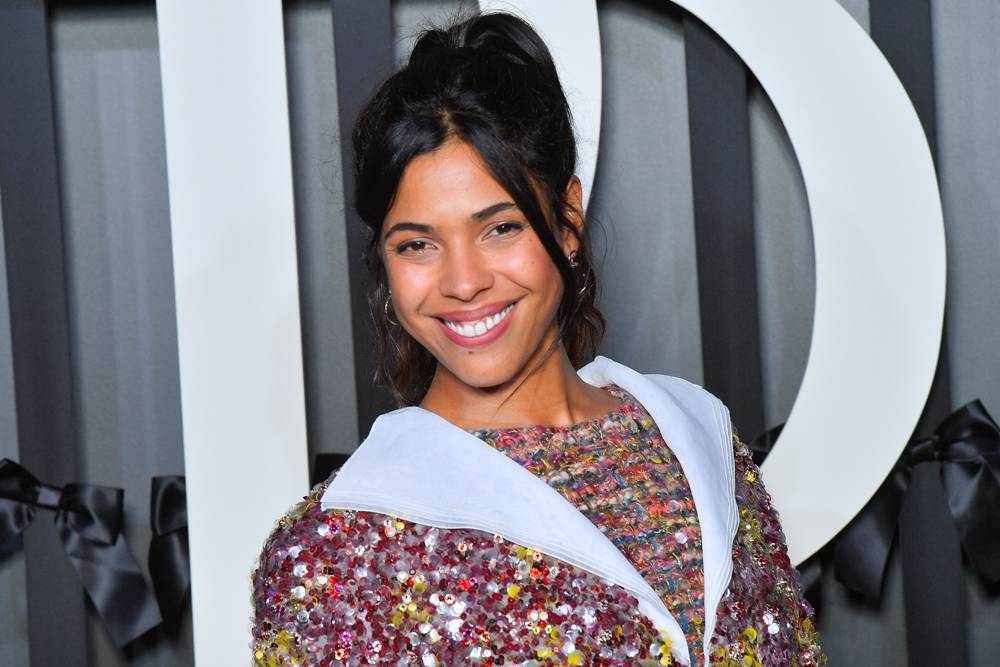
Radiant, sensitive and consistently true, Zita Hanrot has stood out since Fatima (2015), for which she won a César, as one of the most endearing faces in French cinema. Selective in her choices, she’s just as compelling in sharp generational comedies (Plan cœur on Netflix) as she is in social dramas (La Vie scolaire).
The 35-year-old actress beautifully balanced depth and lightness in the feminist gem Annie Colère, which premiered in cinemas in 2022 and now airs on France 3 this Monday, May 5, 2025.
Zita Hanrot, a compelling actress, from Plan cœur to Annie Colère
Alongside Laure Calamy and India Hair, Hanrot plays a defiant nurse performing illegal, safe abortions in the early 1970s, just ahead of the Veil Law.
A film more urgent than ever, as the U.S. Supreme Court rolls back abortion rights and, in France, parliamentarians recently voted to enshrine this fragile right in the Constitution.
We meet an artist recently seen in the fashion series La Maison (2024), who has a gift for making us laugh, cry, and think.
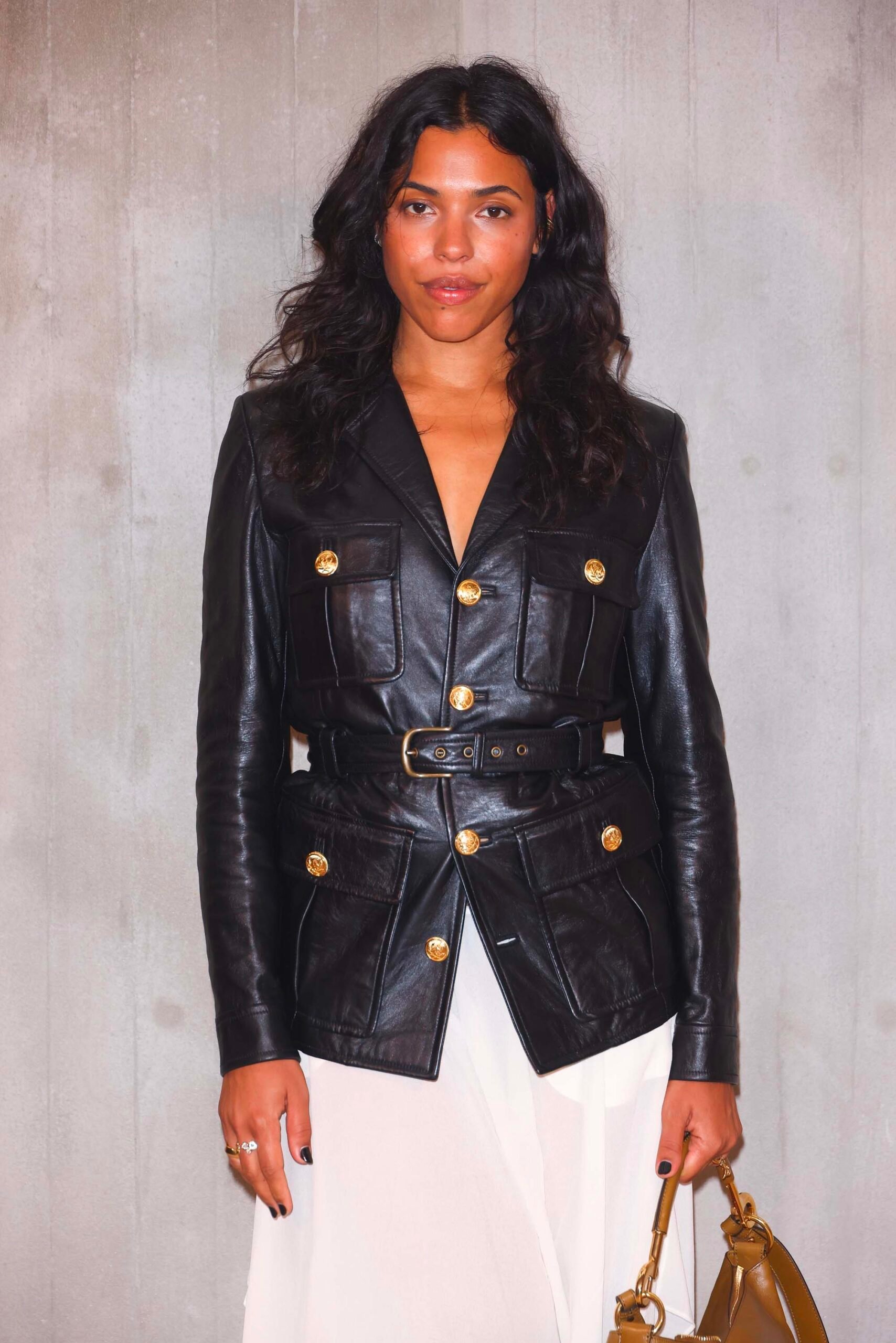
Interview with Zita Hanrot, powerful pro-choice heroine of the movie Annie Colère
Numéro: What drew you most to this film: the story (about the MLAC, the Movement for the Freedom of Abortion and Contraception, whose activists openly performed safe abortions in 1974) or the constant interplay of gravity and joy?
Zita Hanrot: It was definitely the subject. Making a film about abortion is a political act. For me, it meant standing up for something I believe in. I’m pro-choice. It’s a right we must cherish and protect, like a fragile little plant, especially at a time when it’s being eroded in parts of the world. So when Blandine Lenoir, the director, told me about the MLAC film and asked me to join, it was a no-brainer.
Numéro: The film captures strong sisterhood between the women performing the abortions and those seeking help. Did that carry over into your experience with the cast?
Absolutely. Everything I imagined while reading the script, this tight-knit chorus of women, came to life. The set was filled with women, big ensemble scenes, and a lot of kindness, trust, and laughter. Even though there are men in the film, we were sometimes ten women in the frame, which is rare in cinema. Laure Calamy plays the lead, and I felt like we were all behind her, lifting her up. Those scenes have incredible energy. It sometimes felt like we were in a Beyoncé video (laughs).
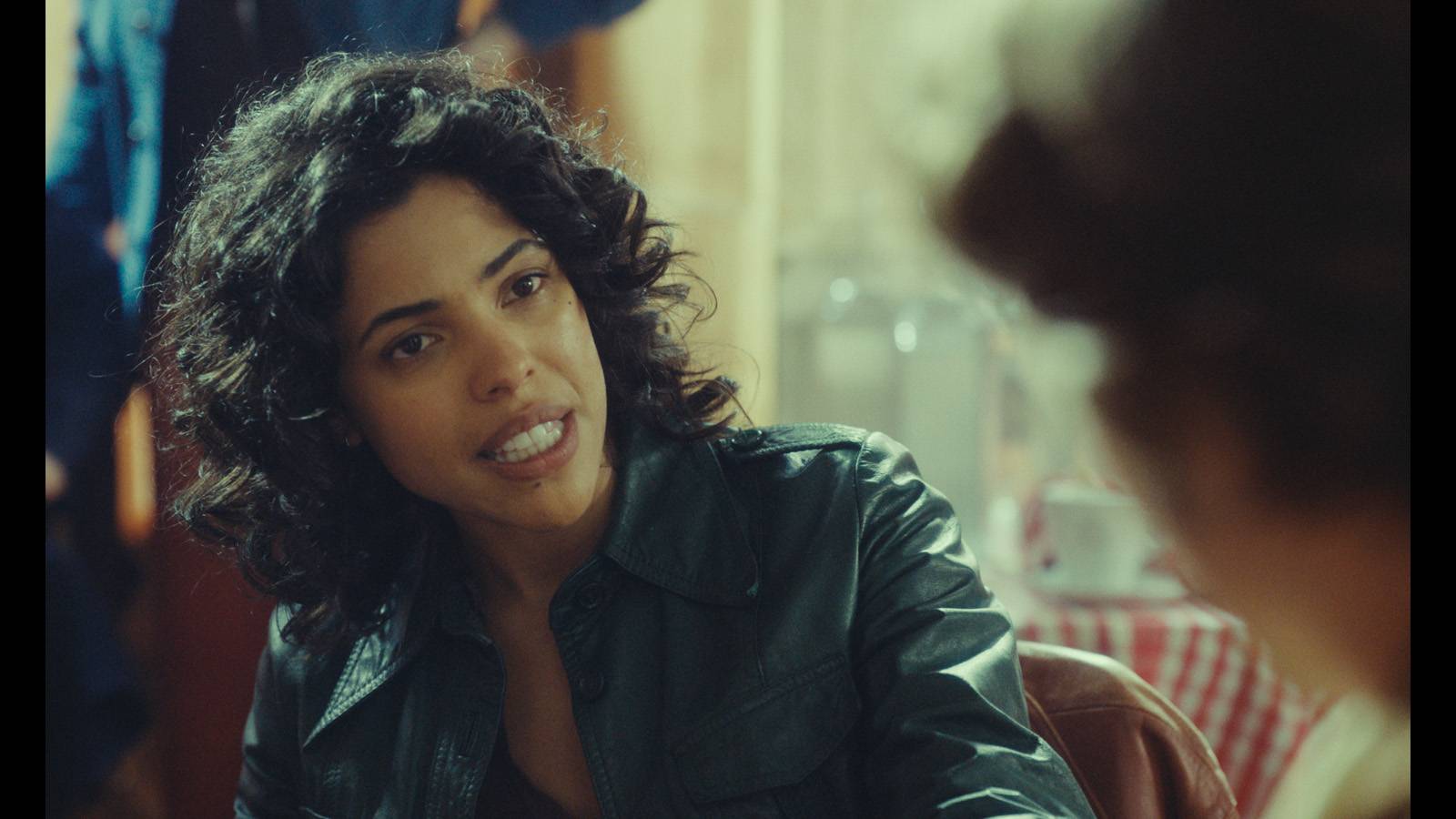
“Just like Fatima, it’s a social film, so I’m associated with roles involving care and activism.” Zita Hanrot
Did being among women transform the set into a kind of “safe place”?
Hanrot: Definitely. Since we shared the experience of being women—and of having faced violence or harassment, whether a lewd comment on the street or a sexist remark at work, it created a deep connection. It was comforting to be among women. We could talk about intimate things, share our bodily experiences, and how our bodies exist in society. When you accept a film like this, it’s for very specific reasons. We were all aligned with the story it tells. We also knew it would be a space where we could speak freely.
Did the film make you reflect on anything personally?
Yes, absolutely. Because the subject matter is so intimate, it immediately pushed us into deeper, more essential conversations. There was no room for superficiality. And I like that, diving straight in, getting to the heart of the matter, and being able to speak openly about anything.
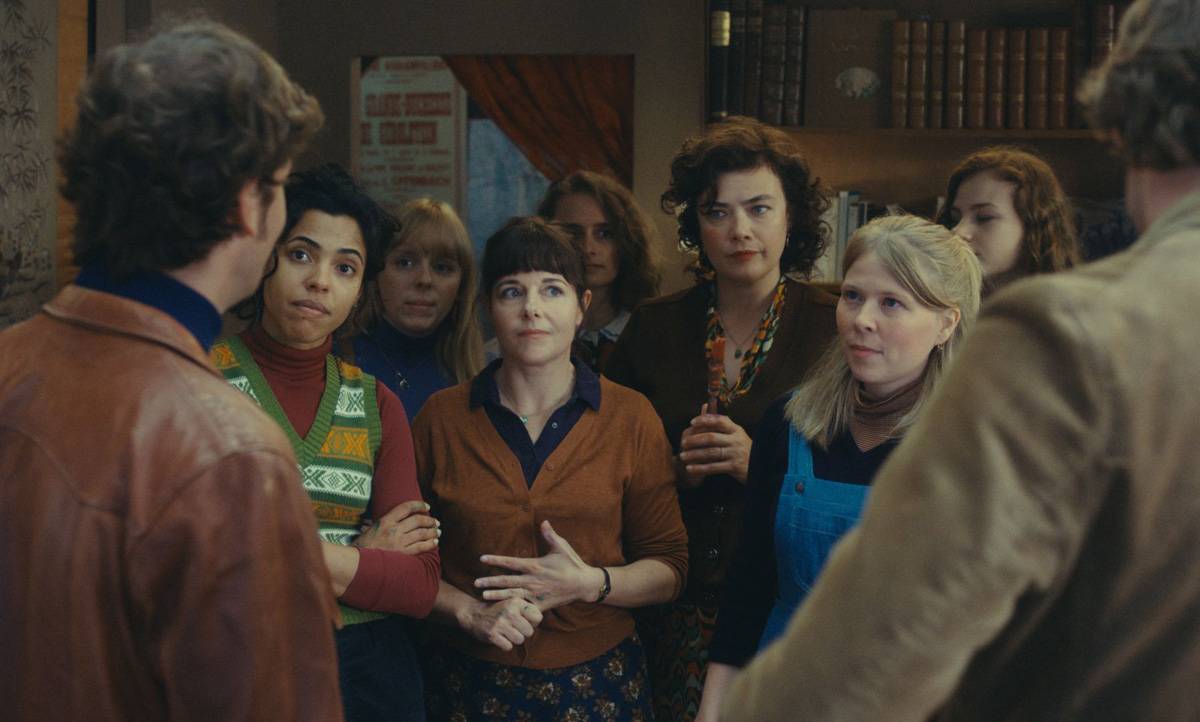
Zita Hanrot, Laure Calamy, Rosemary Standley, and India Hair in Annie Colère (2022).
“I gave the team photos of Halle Berry in Kings as a visual reference.” Zita Hanrot
The film features many different activist archetypes: Annie (Laure Calamy), a factory worker turned activist after a traumatic experience, and your character, Hélène, a bold, politically engaged nurse who stands up to male doctors…
What I love is how the film offers a gallery of characters with different yet complementary energies. They’re all activists, but in their own way. It shows that activism can take many forms, there’s no single mold. My character is assertive, with strong convictions. She doesn’t look away. She’s deeply engaged and gets a kind of satisfaction from challenging authority. That made her incredibly enjoyable to play, she never backs down, like a predator facing off with her target.
Annie’s activism is rooted in a personal experience. But we don’t know if that’s the case for Hélène…
As a nurse, I think she’s witnessed women being left to die of sepsis, of hemorrhaging. That’s probably where her drive comes from. I didn’t imagine she had an abortion herself, but as a woman in that era, she likely endured invasive gynecological exams that filled her with anger. And she probably wasn’t given a voice. So her activism is intimate in its own way , born of empathy and a refusal to stay silent after what she’s seen.
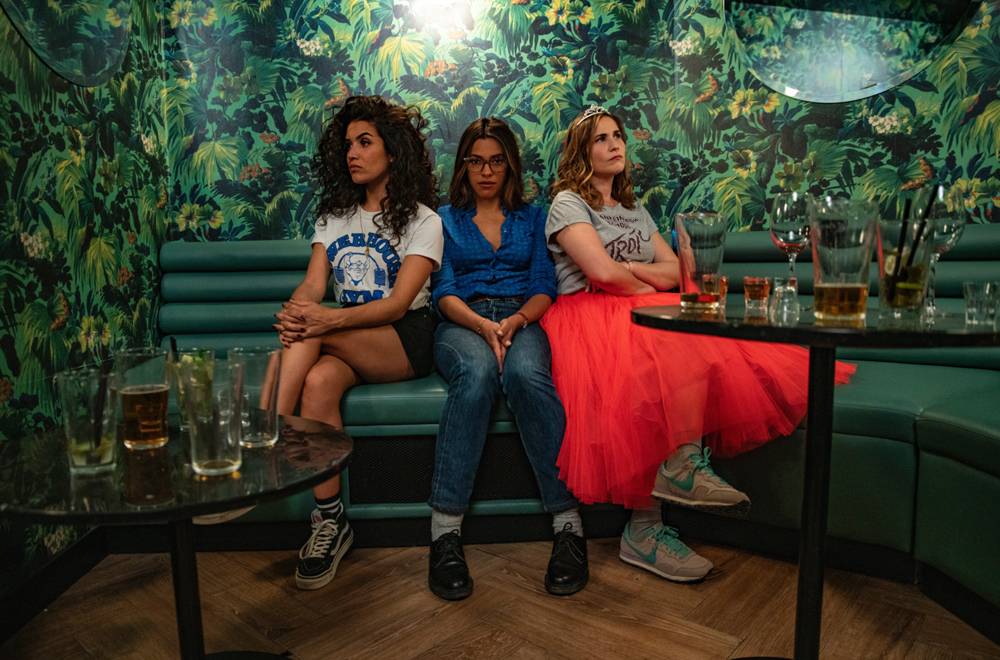
Sabrina Ouazani, Zita Hanrot, and Joséphine Draï in Plan cœur (2019). Photo by Emmanuel Guimier/Netflix.
“As an actress, we’re defined by the gaze others cast upon us, starting with the director’s.” Zita Hanrot
How did you shape the role?
I wanted to understand the mindset of the time. I watched One Sings, the Other Doesn’t (1977) by Agnès Varda, which I adored. It’s about female friendship and women’s rights, and it’s so free. I loved the vibe: “We’re hitting the road, putting on roadside shows… and oh, here’s a kid, I’ll breastfeed him” (laughs). Hélène’s character is cool, even in her styling: leather jacket, wild curly hair.
Did you have any visual references?
Yes, I shared photos of Halle Berry from Kings (2018), directed by Deniz Gamze Ergüven, who also made Mustang (2015). In Kings, Berry fights for her beliefs. I wanted the same hair, unruly—to reflect how committed my character is, how things “spill out” from her, even in her appearance.
Hélène is independent and free, a rare portrayal…
I don’t know if I managed to fully convey that, but I’d love to push it further in another film. I wanted to show a character completely indifferent to the male gaze. She doesn’t want to be cute or polite. That’s liberating to play, especially since, as actresses, we’re constantly defined by how others see us, starting with the director’s gaze.
Did you learn anything new while making this film?
So much! Blandine Lenoir sent us tons of resources, articles, timelines about that era. For instance, I didn’t know about the Karman method (a simple, low-cost medical procedure that uses suction to empty the uterus, Ed.). I was shocked by how many women died every year due to illegal abortions. Thousands it was a full-on public health crisis. I had heard of the MLAC before, because one of my aunts was involved. And funny coincidence: during the shoot, I found out that my mother-in-law was a former activist at the MLAC in Paris.
“I think I was a doctor in a past life…” Zita Hanrot
That’s incredible…
Yes, we talked about it. It was fascinating to learn not only about the movement but also the spirit of the MLAC in the ’70s. There was a sense of horizontality, solidarity, listening, sharing, generosity, and a completely different approach to care. The women performing abortions didn’t wear medical coats. That was intentional to avoid creating distance between them and the women coming in. Instead of projecting authority, they showed they were just like them.
In Fatima, you played a medical student; in Rouge and Annie Colère, a nurse. Why do you think you’re often cast in care-related and activist roles?
“I don’t consider myself an activist. But I do have convictions.” Zita Hanrot
Fatima was a very socially engaged film…
Yes. And since Fatima was a social film, I’ve been associated with care and activism. My character in that film was a hard-working, determined young woman, resilient, committed, and fragile. I think that role left a strong impression, especially because I won a César for it.
We’ve rarely seen you play a villain…
Funny you say that. Someone asked me today what role I’d love to play. And I said: “Someone no one likes.” I think that would be really fun. As actors, we want to be loved, and I’m genuinely happy when people say they like my work. But I’d also love to break free from that kind, likeable image for a film. It wouldn’t be easy, but it would be a thrill.
Do you consider yourself an activist?
I don’t see myself as a militant. But I do have convictions, and I’m committed. To me, activism is something you dedicate your entire life to. It’s not just going to one march or posting on Instagram. That’s surface-level communication. Real change takes tremendous energy and courage. You have to throw yourself into it fully, like Aimé Césaire did, without worrying about how it’ll be received.
“To me, activism is something you dedicate your entire life to. It’s not just going to one march or posting on Instagram.” Zita Hanrot
What makes you angry?
Injustice. I guess I have a bit of a “widows and orphans” complex (laughs). Lots of things make me deeply angry but I’m especially sensitive to women’s issues. Because things are often harder for women. When poverty hits, it hits them harder. Women who are homeless, for example, face extra danger, physical, sexual. I also get furious about gender inequality and the way men sometimes speak as though their words carry more weight than anyone else’s, saying terrible things without consequence.
Anything else that fuels your anger?
Yes. Seeing men, women, and children drown at sea trying to flee their countries after being robbed of their land makes me sick with rage. More broadly, if you’re not angry in this society, you’re probably shutting down. I see anger as a sacred fire that moves us forward. It’s better than sadness, because it drives action. As long as it’s not used to crush others, anger can be a powerful force for good.
Annie Colère (2022) by Blandine Lenoir, airing on France 3, May 5, 2025.






